On April 25, the Innovation Forum hosted by Simcere State Key Laboratory of Translational Medicine and Innovative Drugs was held in Nanjing and Boston, with live broadcast attracting more than 1,500 audiences over the internet.
The Innovation Forum is an important measure for the reorganization of the State Key Laboratory of Translational Medicine and Innovative Drugs after its passing the acceptance check by the Ministry of Science and Technology of China. It is also a major campaign for the company's "X Plan" talent recruitment activity.
7 prestigious scientists with global academic vision were invited to talk on their cutting edge research in fields including Alzheimer’s disease (AD),oncology immunotherapy, CRISPR based target screening , new vaccines and antiviral agents.

Professor Chen Zhang,
Dean of the School of Basic Medicine, Capital Medical University, Deputy Director of the State Key Laboratory of Translational Medicine and Innovative Drugs:
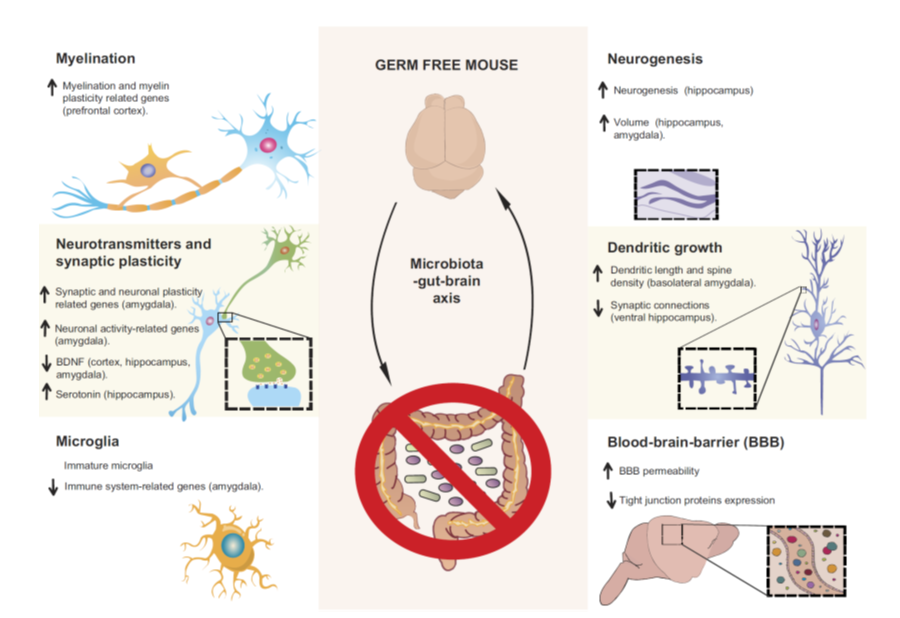
Studies have shown that the abundance imbalance between Clostridium and Bacteroides in the guts is a major contributor to the progression of AD, and the intestinal flora regulating molecule LPC can effectively reduce Aβ deposition in the brain of model mice, and improve behavioral phenotypes.
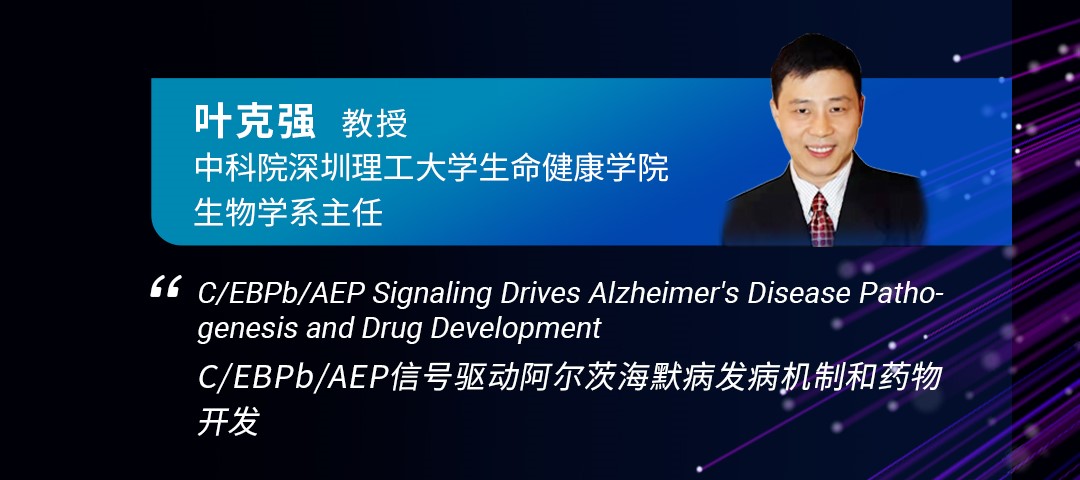
Professor Keqiang Ye,
Director of the Department of Biology, School of Life and Health, Shenzhen University of Technology, Chinese Academy of Sciences:
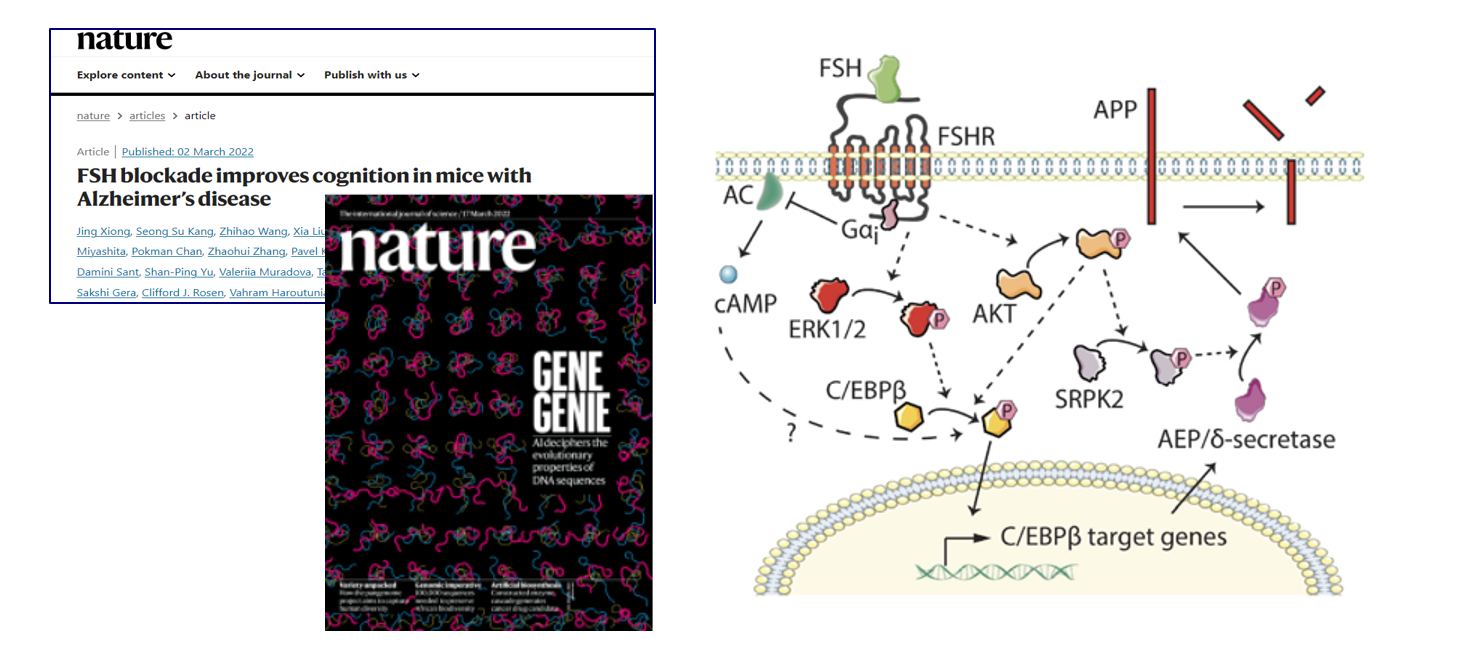
The team’s latest research published in Nature has revealed that, female follicle-stimulating hormone (FSH) can selectively activate the C/EBPβ/AEP pathway, thereby triggering the increase of Aβ and the pathological changes of Tau. This may be the main reason why elderly (postmenopausal) women are more vulnerable to Alzheimer's disease than men of the same age. Certain molecules in C/EBPβ/AEP pathway have a promising future as potential targets to treat aging related illnesses, including AD, aging, obesity, osteoporosis and atherosclerosis.
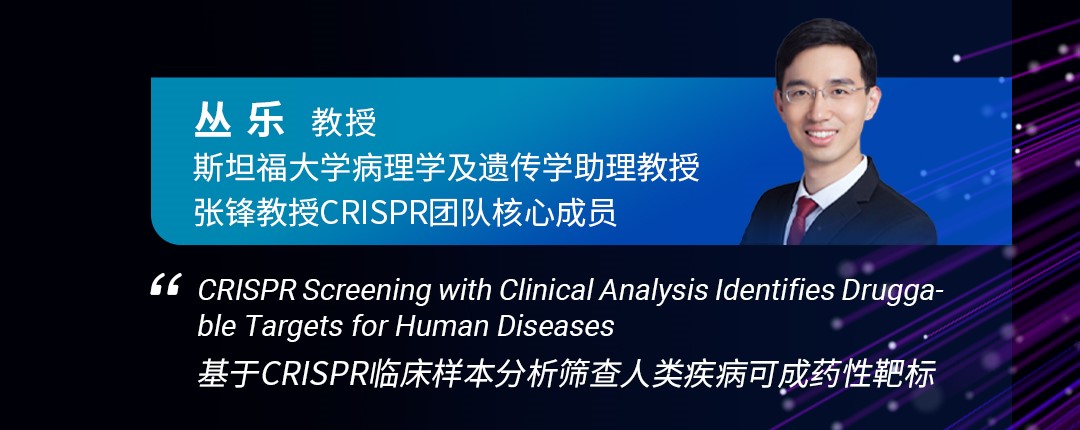
Professor Cong Le,
Core member of the Feng Zhang CRISPR team, Assistant Professor of Pathology and Genetics at Stanford University:
Using Cas12a gene editing technology combined with artificial intelligence (AI) machine learning models, the lineage evolution of tumor drug-resistant cells are studied at single-cell level, and gene alterations associated with drug resistance can be found.
With the support of Simcere’s X Plan, Prof. Cong’s team applied this technology in the field of melanoma research and found that the high expression of EZH2 was related to the drug resistance of tumors, suggesting the prospect of EZH2 as an anti-melanoma drug target. In the VOVID-19 novel coronavirus research, the team also used this technology to find a potential antiviral therapeutic target KCNA6.

Professor Chao Peng,
Assistant Professor, Department of Neuropathology, David Geffen School of Medicine, UCLA talked about the “Conformational Diversity of Pathological Proteins: Input from the Intracellular Environment”.
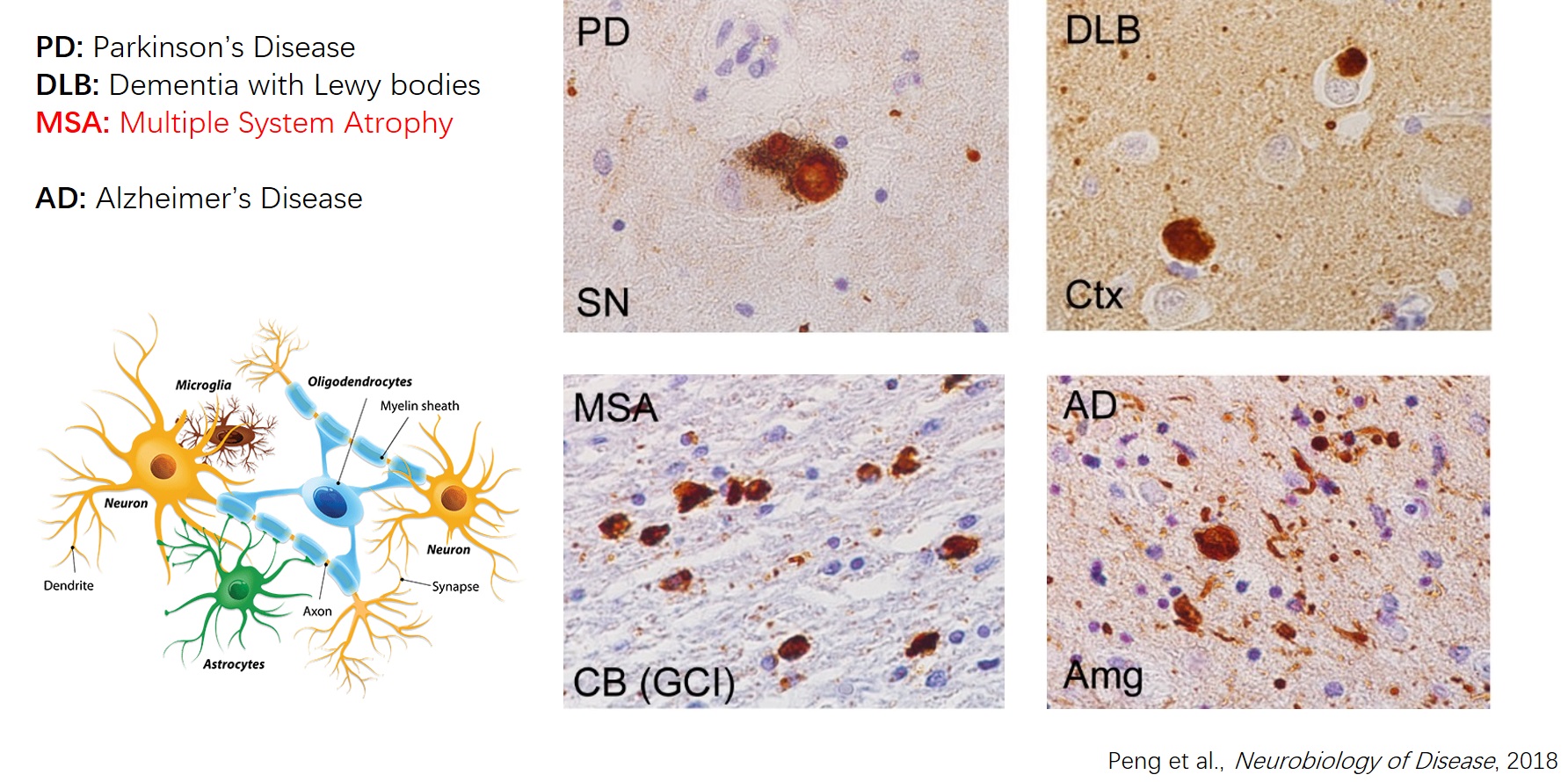
His studies probe into the different conformation and biological properties of α-synuclein in pathological state in Lewy bodies (LBs) and glial cytoplasmic inclusions (GCIs). It is further revealed that, the difference may originate from specific intracellular environment within each cell type.

Dr. Xiaohua Ye,
Postdoctoral fellow at the University of Texas at Houston Health Sciences Center talk about "Vaccine and Antiviral Drug Research".
She introduced the screening and mechanism research of certain new vaccines, small molecule inhibitory drugs and high-efficiency neutralizing antibodies against two important pathogens, enterovirus (EV) and human cytomegalovirus HCMV.

Professor Hao Yin,
Professor of Medical Research Institute of Wuhan University, Core members of the MIT Robert Langer team talked about “CRISPRE-based Gene THERAPY and Nucleic Acids Detection”
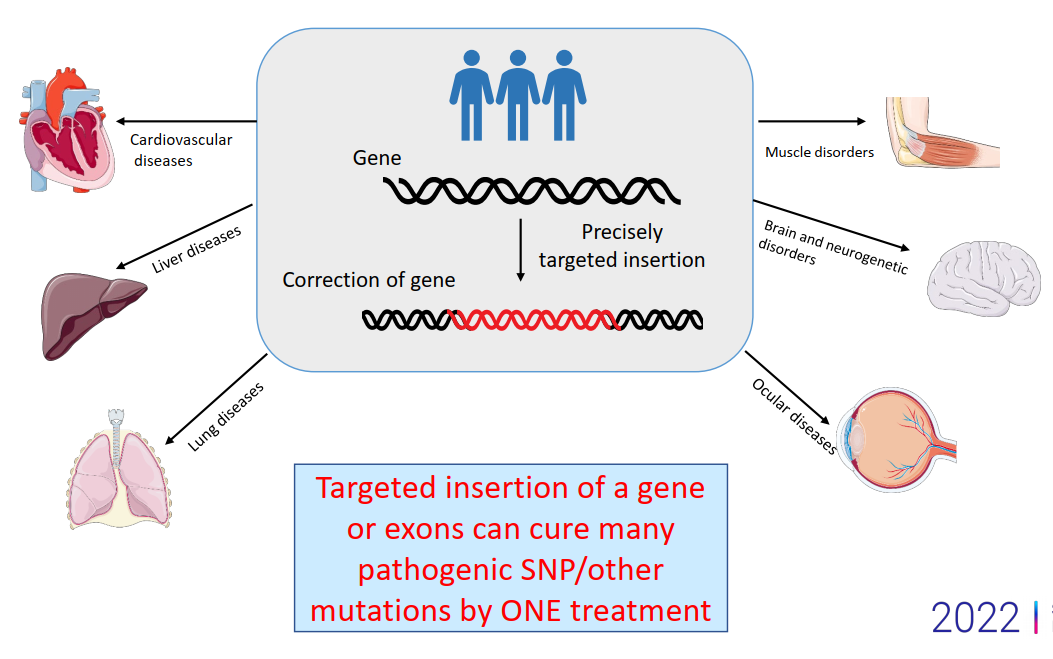

Professor Jun Chen,
Professor of Sun Yat-Sen University, Zhongshan Medical College, Winner of the National High-level Introduced Talent Youth Project, shared insights on“The Mechanisms on Tumor Immune Micro-environment Reprogramming by the Innate Checkpoint and Innovative Drug Development.”
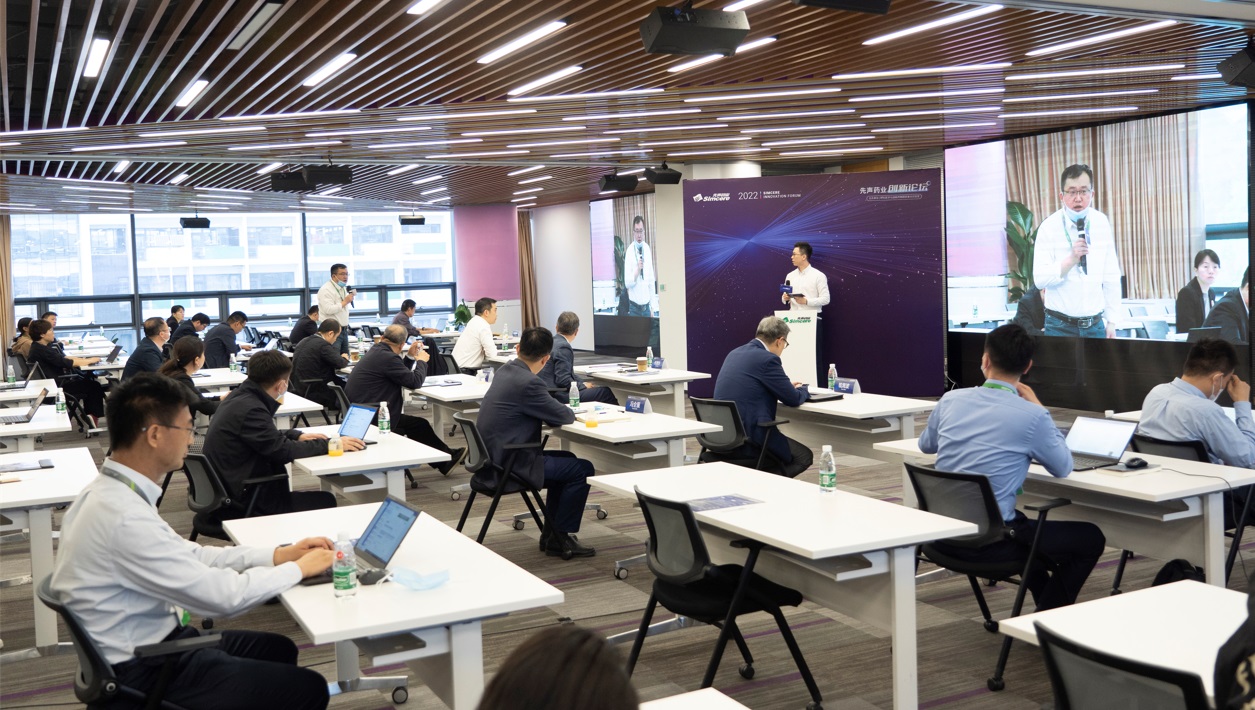
The State Key Laboratory of Translational Medicine and Innovative Drugs in Simcere was built since 2015 under the approval by the Ministry of Science and Technology. It has passed the inspection check in 2021 and completed sequence reorganization to focus on areas with major clinical needs including precise diagnosis and neurological disease research, precise diagnosis and infectious disease research, precise diagnosis and tumor research, and adopted the project leader (PI) system. In the recently launched X plan, which is targeting scientists from world's top universities and research institutes, the laboratory is looking for outstanding talents who are creative, imaginative, courageous, with a sense of mission to explore unknown problems in life science.
Scientists who join the X plan will have access to a reservoir of abundance resources input, team support, and be tolerant for failure and risk in the research in ten challenging areas such as tumor, Alzheimer's disease, major infectious diseases, aging, etc. The goal is to develop Innovative and disruptive treatments that will truly help the patients.